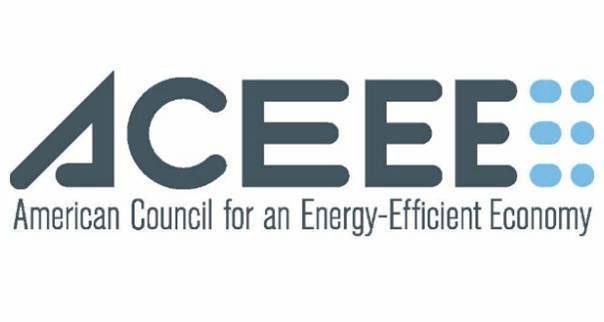New and Improved Self-Scoring Tool Can Help Cities Reduce their Energy Use and Carbon Emissions

The federal government’s plan to withdraw from the Paris Climate Accord galvanized many cities. Within hours of the announcement, 369 mayors signed on to the Mayors National Climate Action Agenda, which aims to uphold the US commitment to reduce greenhouse gas emissions (GHGs) under the Paris Agreement. So, what comes next for these cities? What strategies will they use to meet their commitments, and what role will energy efficiency play?
Energy efficiency can be a significant component of city plans to reduce greenhouse gas emissions. It is a cost-effective GHG reduction strategy, saving cities money while creating healthier communities. Today’s release of our updated Local Energy Efficiency Self-Scoring Tool provides cities of every size a resource to help them develop policy roadmaps to increase energy efficiency and reduce GHGs in the process.
Using energy efficiency to reduce emissions
Energy efficiency policies, programs, and technologies reduced annual carbon dioxide emissions by 490 million tons in 2015, an amount equivalent to the annual emissions from 129 coal-fired power plants. This reduction cost, at most, one-half of other resources such as wind, natural gas, and solar. Energy efficiency a cost-effective strategy for reducing emissions and can also stimulate local economic growth. About 1.9 million (full- and part-time) people were employed in the energy efficiency sector in 2015, almost ten times as many as the oil and gas industries…
To download the report, visit: http://aceee.org/research-report/u1709
To continue reading the blog post, visit: http://aceee.org/blog/2017/08/new-and-improved-self-scoring-tool
About ACEEE: The American Council for an Energy-Efficient Economy acts as a catalyst to advance energy efficiency policies, programs, technologies, investments, and behaviors. For information about ACEEE and its programs, publications, and conferences, visit aceee.org


